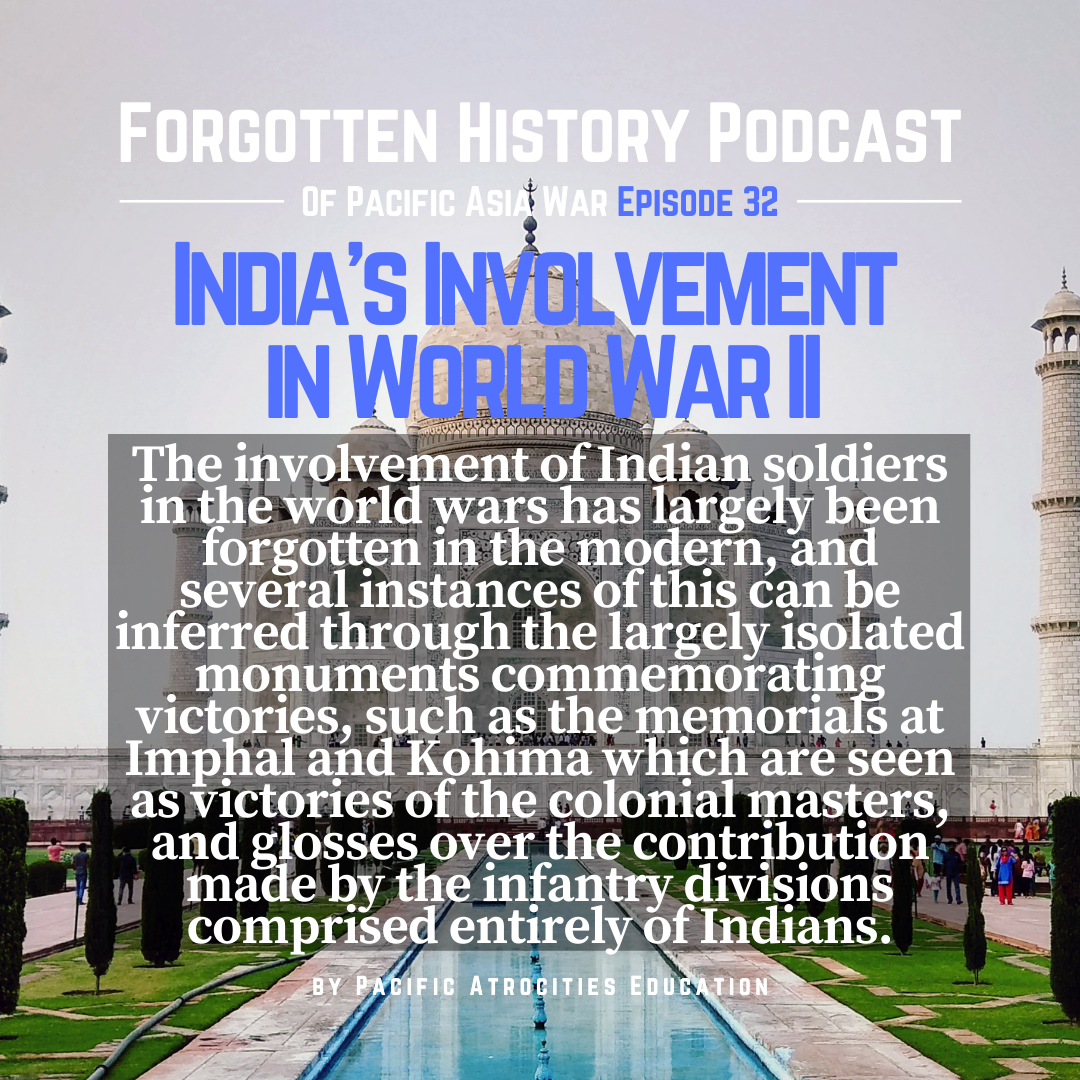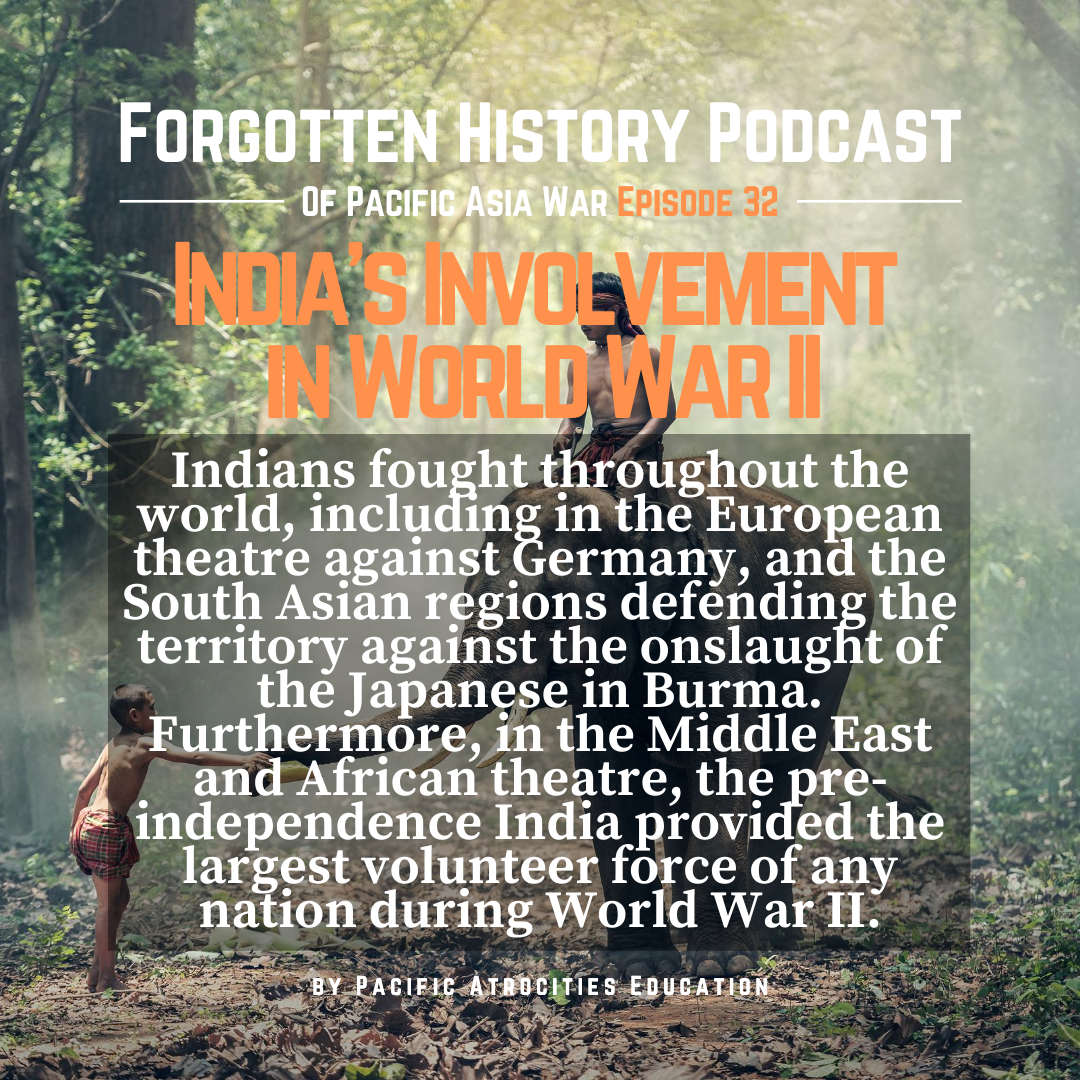- Home
- Stories
-
Internship
- Summer 2024 Internship
- Summer 2023 Internship
- Fall 2022 Internship
- Summer 2022 Internship
- Summer 2021 Internship
- Fall 2020- Spring 2021 Internship
- Summer 2020 Internship
- Fall 2019 Internship
- Summer 2019 Internship >
- School Year 2018-2019 Internship
- Summer 2018 Internship >
- Fall 2017 Internship
- Summer 2017 Internship >
- Books
- Archives
-
Resource Page
-
Supplementary Research Guides
>
- Unit 731 - Guide >
-
Philippines' Resistance - Guide
>
- Philippines World War II Timeline
- The Japanese Invasion & Conquest of the Philippines
- Bataan Death March
- Formation of Underground Philippines Resistance
- Supplies of the Guerrilla Fighters
- The Hukbalahap
- Hunter's ROTC
- Marking's Guerrillas
- United States Army Forces in the Philippines of Northern Luzon (USAFIP-NL)
- The Aetas
- Chinese and Filipino-Chinese Nationalist Guerrilla Units
- The Female Faces of the Philippine Guerrillas
- Rising Sun Flag - Guide >
- Pinay Guerrilleras - Guide >
- Fall of Singapore - Guide >
- Three Years and Eight Months - Guide >
- Siamese Sovereignty - Guide >
- The Khabarovsk War Crimes Trial - Guide >
- Unit 731 Cover-up : The Operation Paperclip of the East - Guide >
- Marutas of Unit 731 - Guide >
- Prince Konoe Memoir - Guide >
- Competing Empires in Burma - Guide >
- Battle of Shanghai - Guide >
- Ishi Shiro - Guide >
- Taiwan The Israel of the East - Guide >
- Seeking Justice for Biological Warfare Victims of Unit 731 - Guide >
- Rice and Revolution - Guide >
- Clash of Empires - Guide >
-
Hunger for Power and Self-SufficiencyI - Guide
>
- The Influence of War Rations on Post-War Culinary Transformations
- How World War II Complicated Food Scarcity and Invention
- American Military Innovations
- Government-Sponsored Food Inventions in Europe during World War II
- Feeding the Army: The Adaptation of Japanese Military Cuisine and Its Impact on the Philippines
- Mixed Dishes: Culinary Innovations Driven by Necessity and Food Scarcity
-
Denial A Quick Look of History of Comfort Women and Present Days’ Complication - Guide
>
- The Comfort Women System and the Fight for Recognition
- The Role of Activism and International Pressure
- The Controversy over Japanese History Textbooks
- The Sonyŏsang Statue and the Symbolism of Public Memorials
- Activism and Support from Japanese Citizens
- The Future of Comfort Women Memorials and Education
- Echoes of Empire: The Power of Japanese Propaganda - Guide >
- Lesson Plans >
-
Supplementary Research Guides
>
Listen now on:
> All Episodes
Episode 32: India’s Involvement in World War II
Aug 12, 2020
The view of the World Wars are often through the western lens. World War historiography mostly glosses over the involvement of colonial armies, and other foreign and transnational armies, who played significant and often influential roles in turning the tide of the battle. The colonial armies in India during World War 1 were often marked by acute ethnic division, and the Indian soldiers in the British army had to suffer through food shortages and rise in taxes along with intensive recruitment involving the use of force. This army was different from the force that fought in the First World War on several grounds, as the British had included more Indians in the officer corps, as a response to the nationalist demands. This process was bitterly opposed by many British Indian army officers and led to racial tensions among them. Most Indian officers faced discrimination at the hands of their fellow British officers and were often viewed as outcasts among the larger social club. They were also often paid less and had to endure harsher conditions than their British counterparts.
The view of the World Wars are often through the western lens. World War historiography mostly glosses over the involvement of colonial armies, and other foreign and transnational armies, who played significant and often influential roles in turning the tide of the battle. The colonial armies in India during World War 1 were often marked by acute ethnic division, and the Indian soldiers in the British army had to suffer through food shortages and rise in taxes along with intensive recruitment involving the use of force. This army was different from the force that fought in the First World War on several grounds, as the British had included more Indians in the officer corps, as a response to the nationalist demands. This process was bitterly opposed by many British Indian army officers and led to racial tensions among them. Most Indian officers faced discrimination at the hands of their fellow British officers and were often viewed as outcasts among the larger social club. They were also often paid less and had to endure harsher conditions than their British counterparts.
Support the podcast here!
|
Pacific Atrocities Education
730 Commercial Street San Francisco, CA 94108 415-988-9889 |
Copyright © 2021 Pacific Atrocities Education.
We are a registered 501 (c)(3) charity. |
- Home
- Stories
-
Internship
- Summer 2024 Internship
- Summer 2023 Internship
- Fall 2022 Internship
- Summer 2022 Internship
- Summer 2021 Internship
- Fall 2020- Spring 2021 Internship
- Summer 2020 Internship
- Fall 2019 Internship
- Summer 2019 Internship >
- School Year 2018-2019 Internship
- Summer 2018 Internship >
- Fall 2017 Internship
- Summer 2017 Internship >
- Books
- Archives
-
Resource Page
-
Supplementary Research Guides
>
- Unit 731 - Guide >
-
Philippines' Resistance - Guide
>
- Philippines World War II Timeline
- The Japanese Invasion & Conquest of the Philippines
- Bataan Death March
- Formation of Underground Philippines Resistance
- Supplies of the Guerrilla Fighters
- The Hukbalahap
- Hunter's ROTC
- Marking's Guerrillas
- United States Army Forces in the Philippines of Northern Luzon (USAFIP-NL)
- The Aetas
- Chinese and Filipino-Chinese Nationalist Guerrilla Units
- The Female Faces of the Philippine Guerrillas
- Rising Sun Flag - Guide >
- Pinay Guerrilleras - Guide >
- Fall of Singapore - Guide >
- Three Years and Eight Months - Guide >
- Siamese Sovereignty - Guide >
- The Khabarovsk War Crimes Trial - Guide >
- Unit 731 Cover-up : The Operation Paperclip of the East - Guide >
- Marutas of Unit 731 - Guide >
- Prince Konoe Memoir - Guide >
- Competing Empires in Burma - Guide >
- Battle of Shanghai - Guide >
- Ishi Shiro - Guide >
- Taiwan The Israel of the East - Guide >
- Seeking Justice for Biological Warfare Victims of Unit 731 - Guide >
- Rice and Revolution - Guide >
- Clash of Empires - Guide >
-
Hunger for Power and Self-SufficiencyI - Guide
>
- The Influence of War Rations on Post-War Culinary Transformations
- How World War II Complicated Food Scarcity and Invention
- American Military Innovations
- Government-Sponsored Food Inventions in Europe during World War II
- Feeding the Army: The Adaptation of Japanese Military Cuisine and Its Impact on the Philippines
- Mixed Dishes: Culinary Innovations Driven by Necessity and Food Scarcity
-
Denial A Quick Look of History of Comfort Women and Present Days’ Complication - Guide
>
- The Comfort Women System and the Fight for Recognition
- The Role of Activism and International Pressure
- The Controversy over Japanese History Textbooks
- The Sonyŏsang Statue and the Symbolism of Public Memorials
- Activism and Support from Japanese Citizens
- The Future of Comfort Women Memorials and Education
- Echoes of Empire: The Power of Japanese Propaganda - Guide >
- Lesson Plans >
-
Supplementary Research Guides
>







